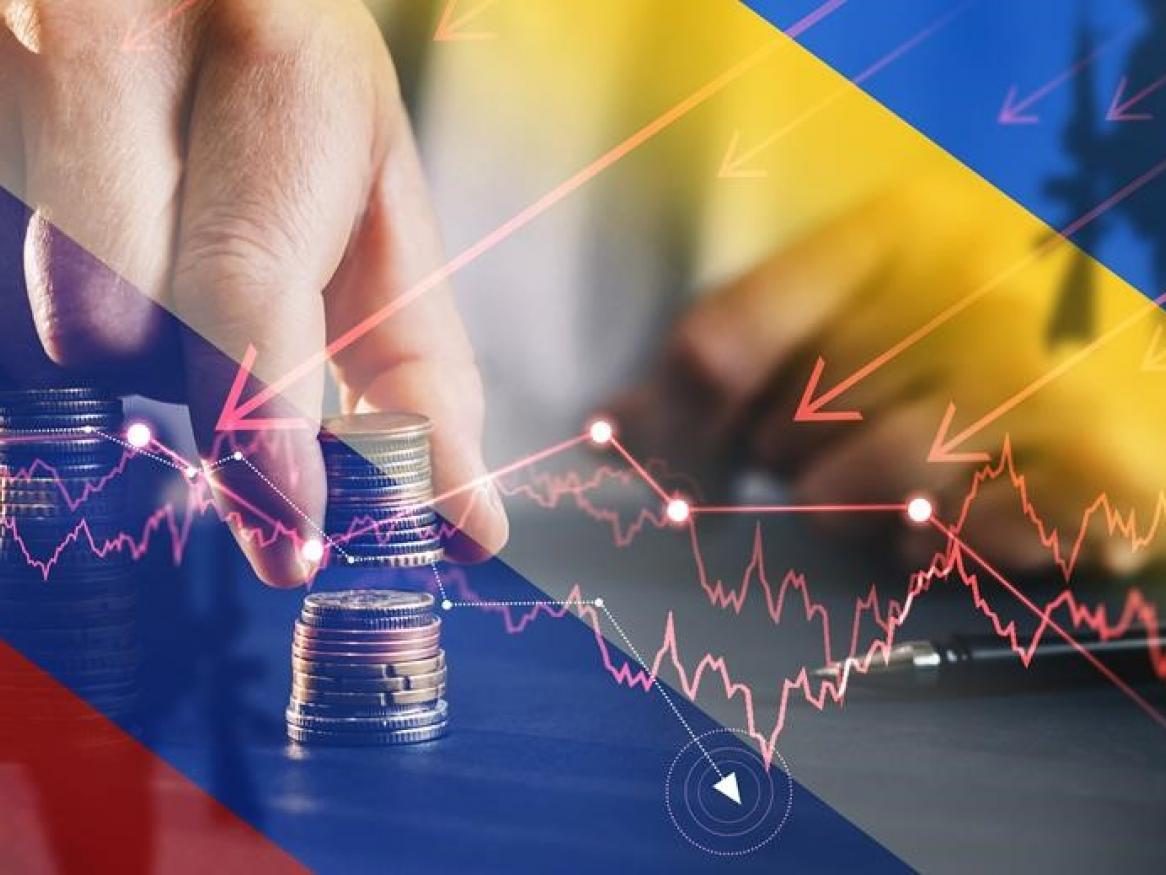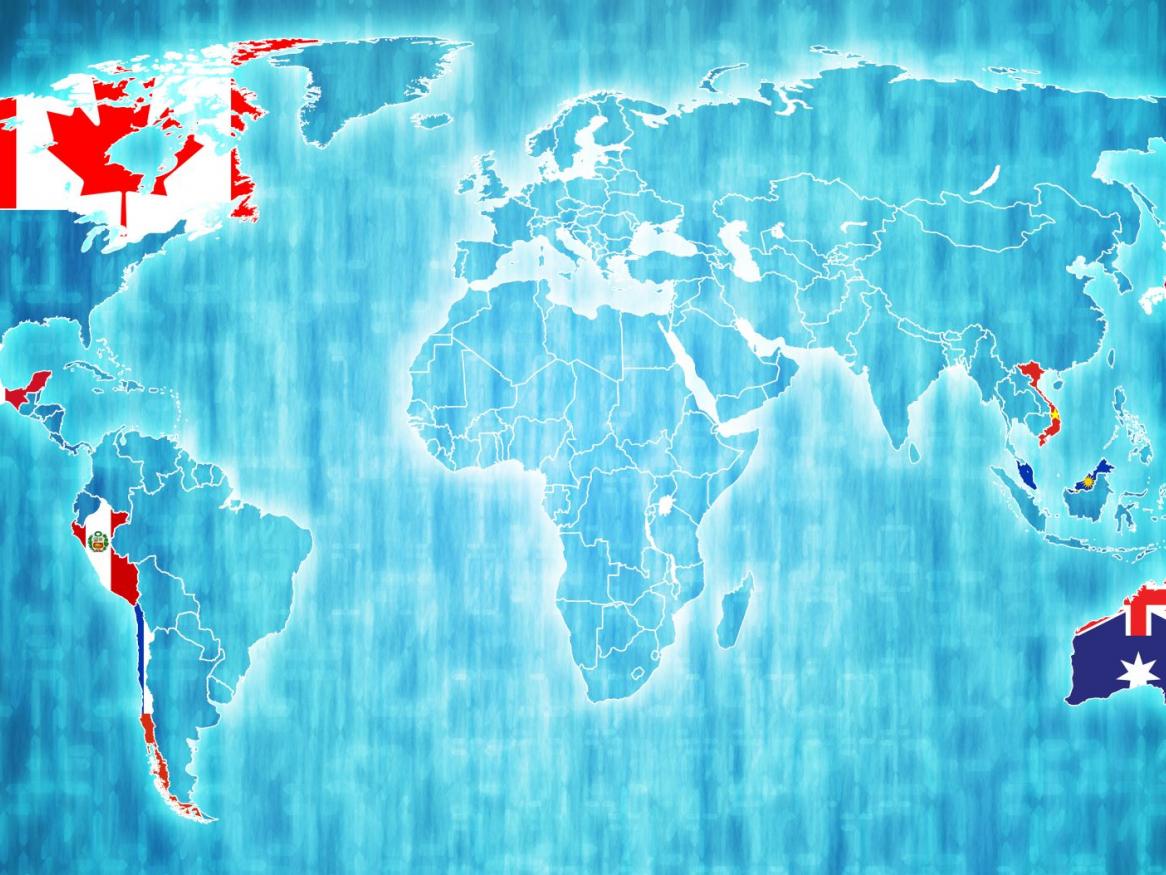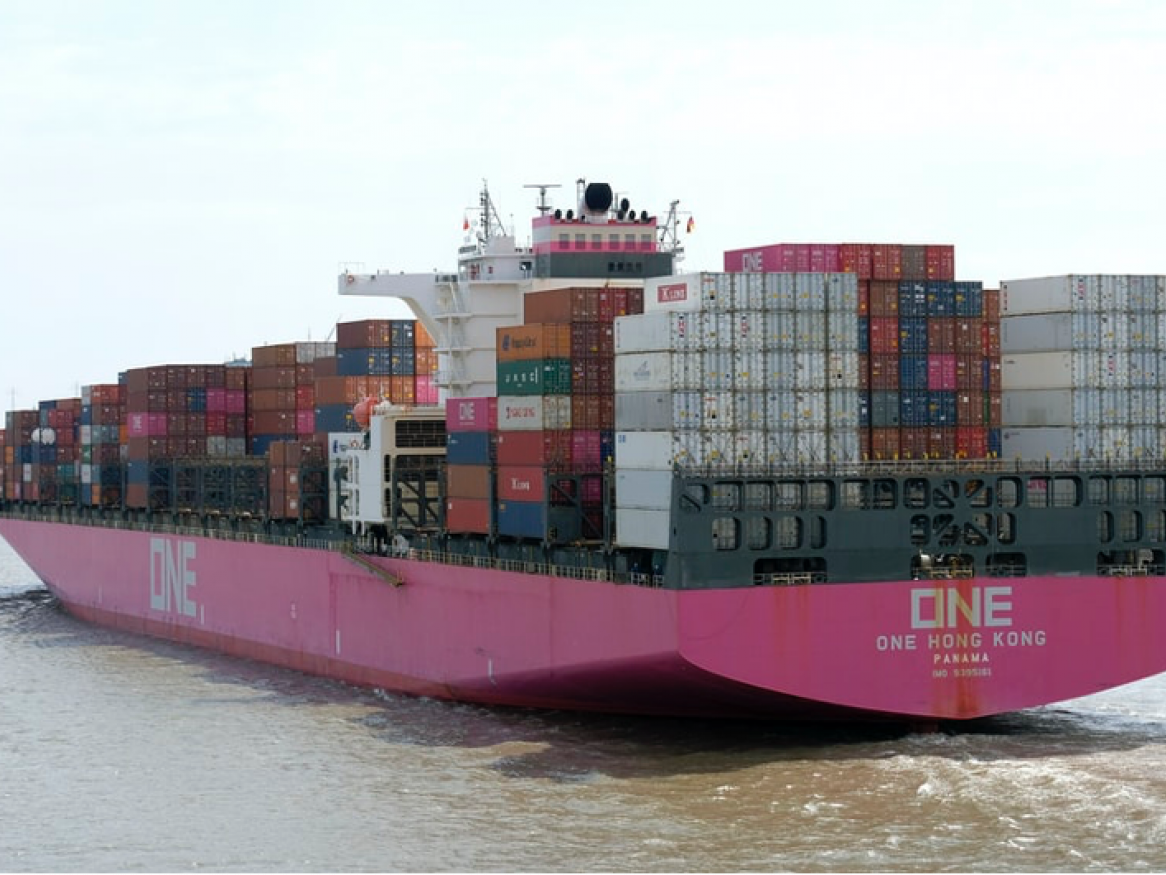Latest news
Search news stories
Enter a keyword to search news.
Services: The DNA of e-commerce

Lee Tuthill visiting Fellow, The University of Adelaide, Institute for International Trade. Lee worked at the WTO from 1990 to 2021, where she specialized in GATS, telecommunications/ICT, emerging technologies and digital trade. Just as DNA is the key that unlocks the development and functioning of an organism, a whole host of services contribute to the development of e-commerce and how it functions as an ecosystem.
Improving border adjustment mechanisms

WORKING PAPER 09
Despite several attempts and significant progress, broad agreement on the most appropriate way to manage conflicts between international trade and environmental issues has yet to emerge. Consequently, this paper begins with a search for a set of principles to guide the use of border adjustment mechanisms to ameliorate global environmental problems or, as economists call them, global externalities.
Ten principles are developed, and then applied to the European Union's current CBAM design, and recommendations for improving that design are put forward. As this CBAM is rooted in the EU's Emissions Trading System, broad recommendations for aligning the ETS with the principles are also offered.
The Russia-Ukraine War, Sanctions, and the G20's Relations with Russia

Wednesday, 4th May 2022 .The Institute for International Trade (IIT) and the G20-related Trade and Investment Network (TIRN) hosted an interactive webinar on The Russia-Ukraine War, Sanctions, and the G20’s Relations with Russia. The West answered the invasion of the Ukraine by Russian troops with swift and unprecedented sanctions, which addressed both the political nomenklatura and the economy.
[Read more about The Russia-Ukraine War, Sanctions, and the G20's Relations with Russia]
The Role of SME's in Services Trade & the Potential for SME development
November 5th, 2020. Industry Professor Jane Drake-Brockman presented at the Conexión INTAL event by Instituto para la Integración de América Latina y el Caribe (INTAL), Inter-American Development Bank (IDB). This years focus was about Knowledge-Based Services (SBC) and their potential for the economic development of the region through international trade.
[Read more about The Role of SME's in Services Trade & the Potential for SME development]
Update on the CPTPPA Agreement

Tuesday 12 April, 2022. The Institute for International Trade, in the School of Economics and Public Policy, was delighted to host Elisabeth Bowes, First Assistant Secretary in the Department of Foreign Affairs and Trade, to update us on the process and issues pertaining to the CPTPP expansion, as well as the general progress of the agreement.
India-Australia Free Trade Deal Offers Australia First Mover Advantage in the World’s Fastest Growing Economy

Natasha Jha Bhaskar, General Manager of Newland Global Group, a Sydney-based Australian corporate advisory firm specialising in the Australia-India space. AI ECTA is India’s first deal with a developed economy in a decade and only a second trade deal in a span of eleven years. It is indicative of how Australia’s bilateral relationship with India has grown in leaps and bounds recently, particularly since the elevation of ties to a Comprehensive Strategic Partnership (CSP) in 2020.
Policy Roundtable: Economic Coercion and International Trade: the nature of the challenge and policy response options
Wednesday 30th March, 2022. Arbitrary instances of economic coercion by state actors have become frequent in recent years, undermining multilateral norms and rules. Liberal democracies are increasingly concerned over the systemic quality of such coercion, and are debating and designing possible policy responses on how to respond while maintaining a stable international trading system. Event report by Dr Naoise McDonagh, Institute for International Trade.
Swedish Perspectives on the Green Transition

30 March 2022. Presented by Deputy Head of Mission Per Linnér. Hosted by Institute for International Trade, Jean Monnet Centre of Excellence. Deputy Head of Mission Per Linnér provided a presentation titled ‘Swedish Perspectives on the EU’s Green Transition’. The presentation first provided an overview of the key forces driving Sweden’s political positioning and policy-making on green economy development, noting the powerful societal and grassroots origins of Swedish environmentalism that is energised by a strong sense of urgency to resolve climate change.
[Read more about Swedish Perspectives on the Green Transition]
Economic Coercion & International Trade. Policy Roundtable
Wednesday 30 March, 2022. Policy Roundtable, ‘Economic Coercion and International Trade: the nature of the challenge and policy response options’. Hosted by Institute for International Trade, sponsored by Jean Monnet Centre of Excellence. Arbitrary instances of economic coercion by state actors have become frequent in recent years, undermining multilateral norms and rules. In Brussels and Canberra there is growing concern and debate over the systemic quality of such coercion, as well as how to respond while maintaining a stable international trading system. Swedish Deputy Head of Mission Per Linnér will provide an EU perspective on this critical issue, followed by a brief overview of geopolitical trends driving coercion from IIT’s Dr Naoise McDonagh.
[Read more about Economic Coercion & International Trade. Policy Roundtable ]
Leveraging the Full Potential of Plurilateral Initiatives in the WTO

Tuesday 23rd November, 2021. The Institute for International Trade (IIT), the Trade and Investment Research Network (TIRN) & TIRN steering committee organizations,held a webinar with leading experts for an interactive discussion on the "Plurilateral Initiatives in the World Trade Organization (WTO)". The webinar serves to launch the Policy Brief to a global audience in advance of the WTO’s Twelfth Ministerial Conference. A moderated presentation and ensuing interactive discussion involving a selected group of experts.
[Read more about Leveraging the Full Potential of Plurilateral Initiatives in the WTO]
This work is licensed under Commons Attribution-NonCommercial-NoDerivatives 4.0 International License.
IIT is a global leader in researching, analysing and commenting on International Trade.
Stay informed about our up-and-coming seminars, events, publications, awards, new projects and collaborations, and other exciting news.
